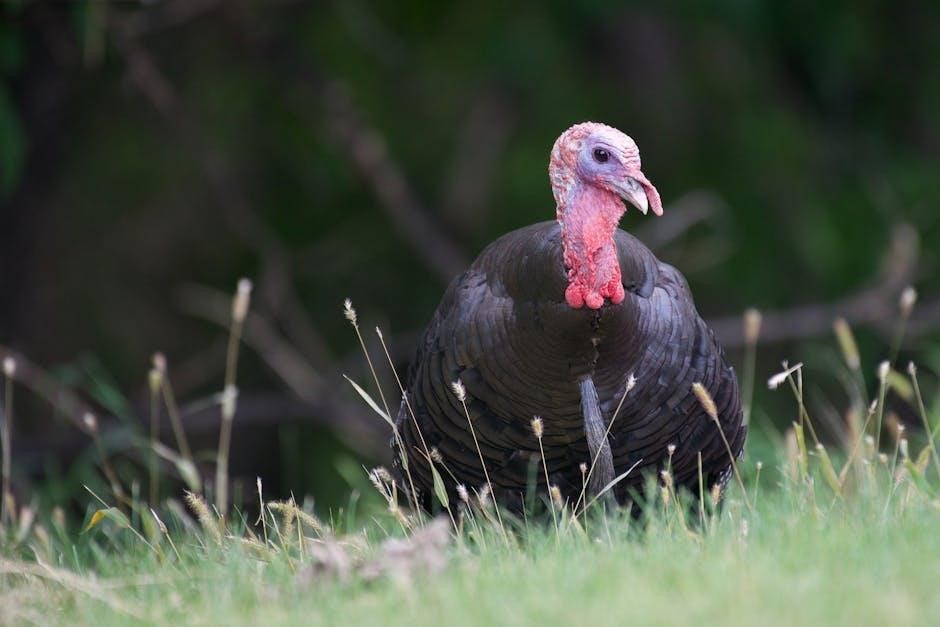how to become a hunting guide
Becoming a hunting guide requires dedication and knowledge of local wildlife,
with many guides starting out as assistants to experienced hunters and guides.
Basic Requirements
To become a hunting guide, there are certain basic requirements that must be met, including a valid hunting license and a minimum age requirement of 18 years old.
Additionally, guides must be physically fit and have a good sense of direction, as they will be leading clients through various terrain and conditions.
They must also have a strong knowledge of local hunting laws and regulations, as well as first aid and emergency response procedures.
Guides must be able to communicate effectively with clients and provide a safe and enjoyable hunting experience.
These basic requirements are essential for ensuring that guides are qualified and capable of leading successful and safe hunting trips.
By meeting these requirements, guides can provide a high level of service and expertise to their clients, and help to promote the sport of hunting in a responsible and sustainable way.
Overall, the basic requirements for becoming a hunting guide are designed to ensure that guides are knowledgeable, skilled, and responsible, and can provide a positive experience for their clients.

Training and Education
Proper training and education are essential for hunting guides, including courses on safety and wildlife management, with a focus on developing skills and knowledge.
Obtaining a Hunting Guide License
To obtain a hunting guide license, applicants must meet specific requirements, including passing a written exam and completing a background check. The licensing process typically involves submitting an application and paying a fee.
Requirements for obtaining a license vary by state, but generally include being at least 18 years old and having a valid hunting license. Some states also require completion of a guide training program or logging a certain number of hours of guided hunting experience.
The licensing authority will review the application and conduct a background check before issuing a license. Once licensed, hunting guides must comply with state regulations and renew their license periodically.
It is essential to check with the relevant state agency for specific requirements and procedures for obtaining a hunting guide license, as these can vary significantly from one state to another.

State-Specific Requirements
Each state has unique requirements for hunting guides, including licenses and permits, with varying regulations and laws governing the industry, affecting guide operations and client interactions daily always.
Alaska Requirements
To become a hunting guide in Alaska, one must meet specific requirements, including working for a hunting outfitter for at least two years and logging a minimum of 60 days of on-the-job training as a packer.
This training must be done under the supervision of a licensed guide, with 30 of those days being directly supervised, allowing for hands-on experience and learning.
During this time, aspiring guides learn how to interact with clients and guide effectively, gaining valuable knowledge and skills necessary for success in the Alaskan wilderness.
These requirements are in place to ensure that guides are well-versed in the state’s unique hunting regulations, wildlife management, and outdoor skills, providing a safe and enjoyable experience for clients.
By meeting these requirements, individuals can obtain the necessary licensure and certification to become a reputable and competent hunting guide in Alaska, ready to lead clients on unforgettable adventures.

Professional Training
Professional training is essential, including guide school and mentorship programs, to gain necessary skills and knowledge, and become a successful hunting guide with expertise;
Guide School and Mentorship
Guide school and mentorship programs are crucial for aspiring hunting guides, providing hands-on experience and expert guidance. These programs cover essential topics such as wilderness first aid, map reading, and client relations. By enrolling in a reputable guide school, individuals can gain the necessary skills and knowledge to become successful hunting guides. Mentorship programs also offer valuable opportunities for guided learning and on-the-job training, allowing students to work alongside experienced guides and gain practical experience. Through these programs, students can develop the confidence and expertise needed to lead safe and successful hunting trips. Additionally, guide schools and mentorship programs often provide networking opportunities, connecting students with experienced guides and industry professionals. Overall, guide school and mentorship programs are essential components of a hunting guide’s education and training, providing a comprehensive foundation for a successful career in the field. Effective mentorship is key to success in this profession.

Certification and Licensing
Certification and licensing are crucial for hunting guides, ensuring they meet standards and regulations, with specific requirements varying by state and region, and involving written exams and fees, and ongoing education.
State and National Certification
State and national certification programs are available for hunting guides, providing a level of standardization and credibility. These programs typically involve a combination of classroom instruction and field training, covering topics such as wildlife management, first aid, and outdoor skills. Certification requirements vary by state, but often include a written exam, background check, and liability insurance. National certification programs, such as those offered by the National Association of Hunting Guides, provide a level of consistency and recognition across state lines. Many states also require guides to complete continuing education courses to maintain their certification. By obtaining state and national certification, hunting guides can demonstrate their expertise and commitment to providing a safe and enjoyable experience for their clients. This can also help to increase their business and reputation, as clients are more likely to choose a certified guide. Certification is an important step in becoming a professional hunting guide.
